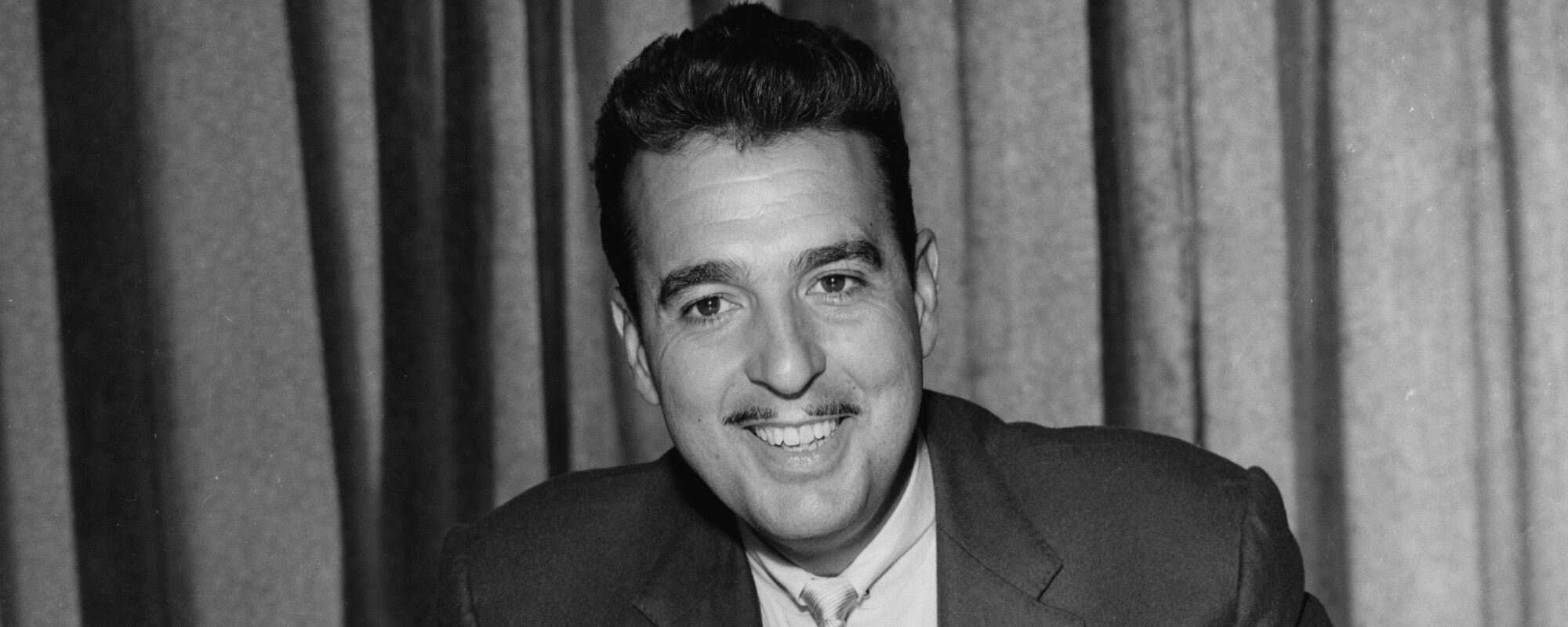In 1964, Johnny Cash released his 20th album, Bitter Tears: Ballads of the American Indian. This album was inspired by his passion for Native American history and justice. He saw firsthand the squalor and degradation that Native Americans were forced to live in during his childhood in Arkansas. This experience led to a lifetime of allyship and championing Native rights. His music was just one way that he did that.
Videos by American Songwriter
However, when the album came out, radio stations refused to play it. Cash’s record label, Columbia Records, did no promotion for that album and basically acted like it didn’t exist. They weren’t sending it out, and it had a limited release. The label wanted Johnny Cash to keep coming with hits like “Ring of Fire” and “I Walk the Line” from the year before. Cash, on the other hand, wanted to explore his concept albums and passion projects.
This division in ideals led to Bitter Tears being relatively unknown at the time. Even for such an important milestone as Cash’s 20th album. However, when Cash learned that Columbia wasn’t promoting the record and stations weren’t playing it, he bought back as many copies as he could. He then wrote a strongly worded letter that said, in part, “DJs, station managers, owners, etc., where are your guts?”
Johnny Cash’s Album Bitter Tears Helped Bring Native American Issues to the Forefront During the Civil Rights Movement
Johnny Cash stuffed copies of this letter into every record sleeve and hand delivered them to radio stations. He also took out an ad in Billboard magazine and printed the letter there. A prominent figure like Johnny Cash making a concept album about the history and struggles of Native Americans in the midst of the Civil Rights Movement was a bold move. Many rejected it. But he didn’t stay behind record label red tape or jump through mainstream hoops. If there’s one thing that can be said for Johnny Cash, it’s that he did what he wanted with his music.
In a 2016 PBS documentary, filmmaker Antonino D’Ambrosio explored the concept, production, and reception of Bitter Tears in its time. He spoke to the ACLU about the film at the time, explaining the history of the album and Johnny Cash’s intentions. Quoting Cash, D’Ambrosio spoke of the motivation behind the album.
“I dove into primary and secondary sources, immersing myself in the tragic stories of the Cherokee and the Apache, among others, until I was almost as raw as Peter,” Cash once said. “By the time I actually recorded the album I carried a heavy load of sadness and outrage.”
How Did Bitter Tears Affect Cash’s Career?
Bitter Tears affected Johnny Cash personally and professionally. “On a personal level, [Cash] was bitterly disappointed by the opposition to the record,” said D’Ambrosio. “It’s one of the reasons that he always played a few of the songs from the record at every concert the rest of his life. It was Cash’s ongoing protest.”
Professionally, Johnny Cash found it difficult to ever make a record like Bitter Tears again, even though he committed himself to being just one voice for the voiceless. “Essentially, ‘Bitter Tears’ would be the last record of that kind Cash would ever do,” said D’Ambrosio. “Yet, this record revealed the true courage of an artist thinking out loud and telling painfully real stories that paved the way for Cash to do other protest songs such as ‘Man in Black’ years later.”
Bitter Tears serves as a reminder of Johnny Cash’s devotion to social justice in his time. On first glance, he didn’t immediately cut the figure of someone passionate about the Civil Rights Movement or the American Indian Movement—and he was a little more subtle in his protest songs than Bob Dylan, for example—the fact remains that fighting for social justice was an important part of Cash’s life and career.
Featured Image by Gai Terrell/Redferns









Leave a Reply
Only members can comment. Become a member. Already a member? Log in.